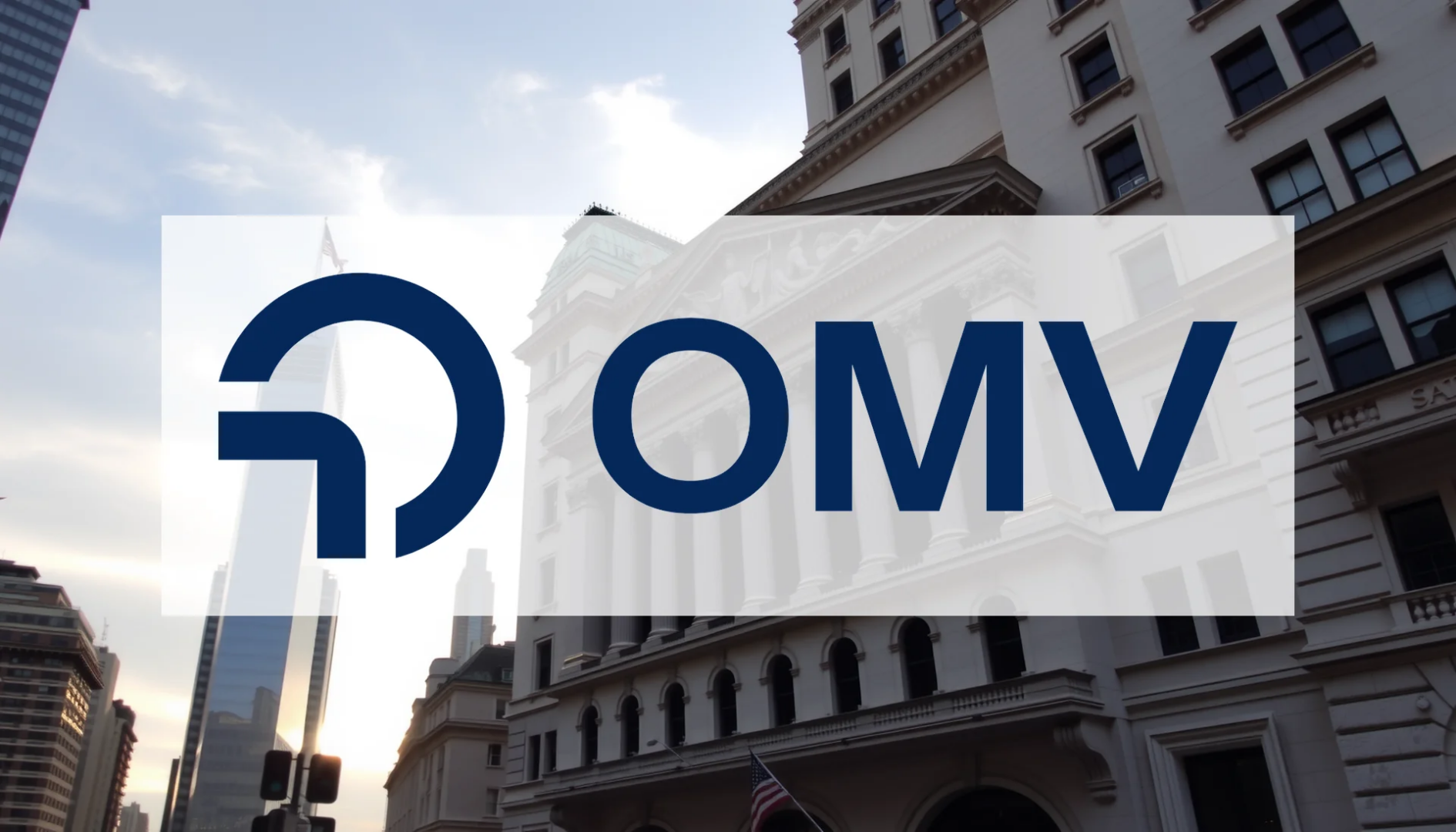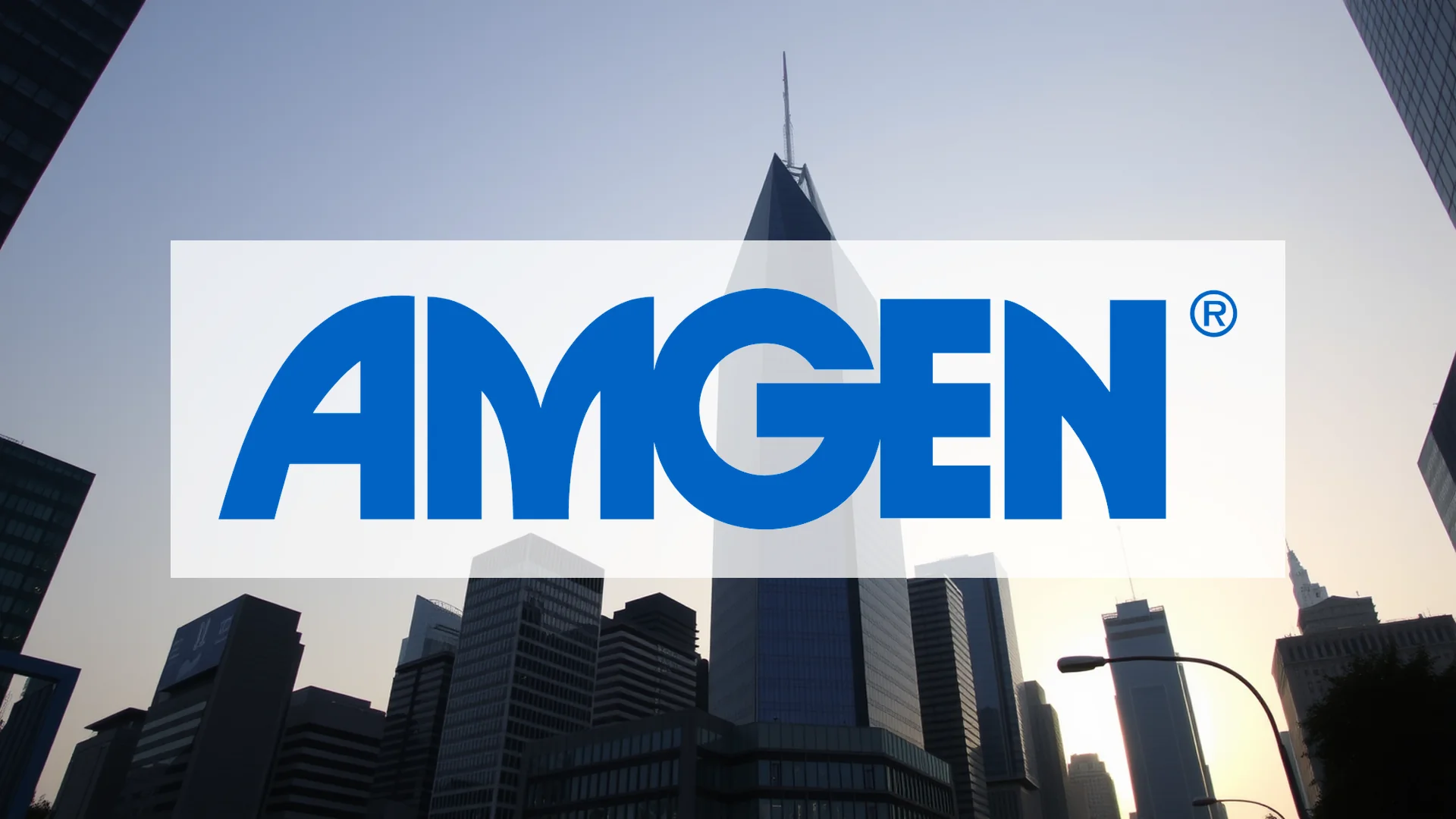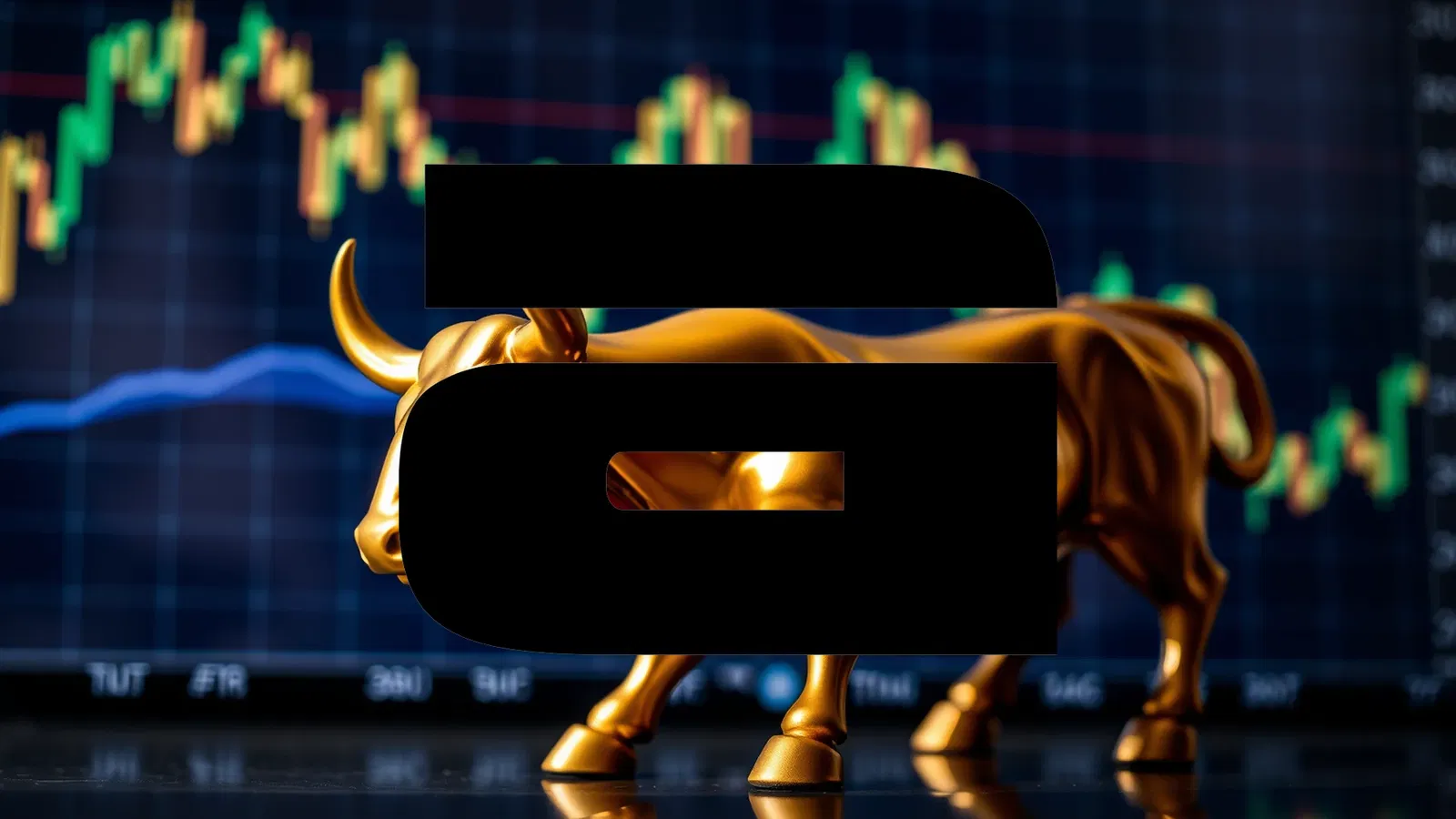Recent political developments in Vienna are creating ripples in financial circles. Chancellor Christian Stocker’s administration is preparing a substantial relief package, but its proposed funding mechanism has captured investor attention. Rather than drawing from the current budget, the government intends to specifically utilize returns from state-owned investments. This raises questions about whether the oil and gas conglomerate is becoming the republic’s primary funding source for coalition political objectives.
Market Resilience Amid Political Uncertainty
Despite these political maneuvers, market response has been notably calm. OMV shares demonstrate strength, currently trading at €48.50—only marginally below the recent 52-week peak of €49.36. The stock has recorded an impressive 26.17% advance since January, benefiting from the broader ATX index’s performance. The security maintains a healthy 5% buffer above its 200-day moving average, indicating sustained upward momentum. Investors appear to be betting that government pressure for dividends might temporarily benefit all shareholders.
Strategic Shifts: Hydrogen Investment and Cost Management
Beyond political considerations, OMV continues its operational transformation. On November 6, 2025, management finalized an agreement with Abu Dhabi’s Masdar for constructing a 140-megawatt electrolyzer in Bruck an der Leitha by 2027. This represents one of Europe’s most significant hydrogen initiatives, with OMV holding majority control.
Concurrently, the corporation is implementing strict cost discipline. Facing challenging macroeconomic conditions, executive leadership slashed investment projections through 2030 by approximately €5 billion in October. This capital restraint complements the ongoing merger of chemical subsidiaries Borealis and Borouge, scheduled for completion in Q1 2026. The consolidated entity is expected to generate minimum annual dividends of $1 billion—cash flow that would please both investors and government officials.
Should investors sell immediately? Or is it worth buying Omv?
Essential Data Points:
- Government Initiative: ÖBAG dividend streams targeted to fund €500 million relief package
- Strategic Project: Binding agreement executed with Masdar for major electrolyzer facility
- Cost Reduction: €5 billion cut from investment budget through 2030
- Chemical Merger: Borouge combination anticipated to finalize in first quarter 2026
Dividend Pressures Intensify
The governing coalition, in power since March, faces mounting pressure to address economic concerns. Their strategy to reduce inflation to 2% next year involves a €500 million support package. The sensitive aspect for shareholders: government interest in dividend distributions from state holding company ÖBAG, which maintains a 31.5% stake in OMV.
Although an ÖBAG representative declined initial comment, package specifics are expected by December. For the investment community, this translates to increased political influence over maintaining—or potentially raising—distribution rates. OMV must deliver strong performance to satisfy both market expectations and treasury requirements.
Conclusion: Strategic Opportunity or Government Dependency?
OMV navigates complex territory between operational restructuring and political demands. While hydrogen development and chemical consolidation establish long-term growth potential, Vienna’s dividend ambitions introduce political uncertainty. Should state access to corporate profits become standard policy, dividend stability may be assured, but financial flexibility for essential investments could diminish. December’s developments will clarify the extent of government influence over corporate capital allocation.
Ad
Omv Stock: Buy or Sell?! New Omv Analysis from February 8 delivers the answer:
The latest Omv figures speak for themselves: Urgent action needed for Omv investors. Is it worth buying or should you sell? Find out what to do now in the current free analysis from February 8.
Omv: Buy or sell? Read more here...











